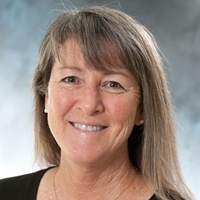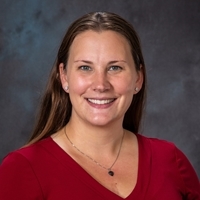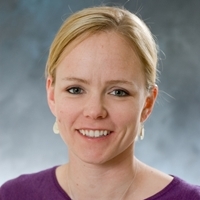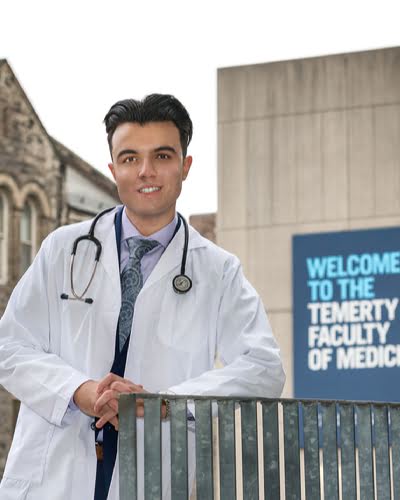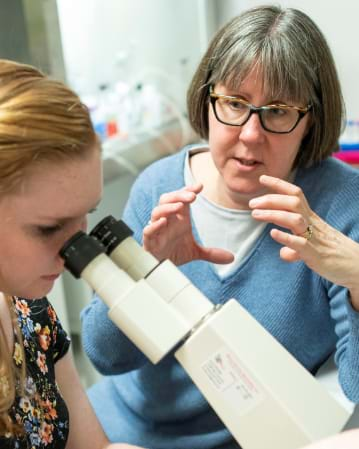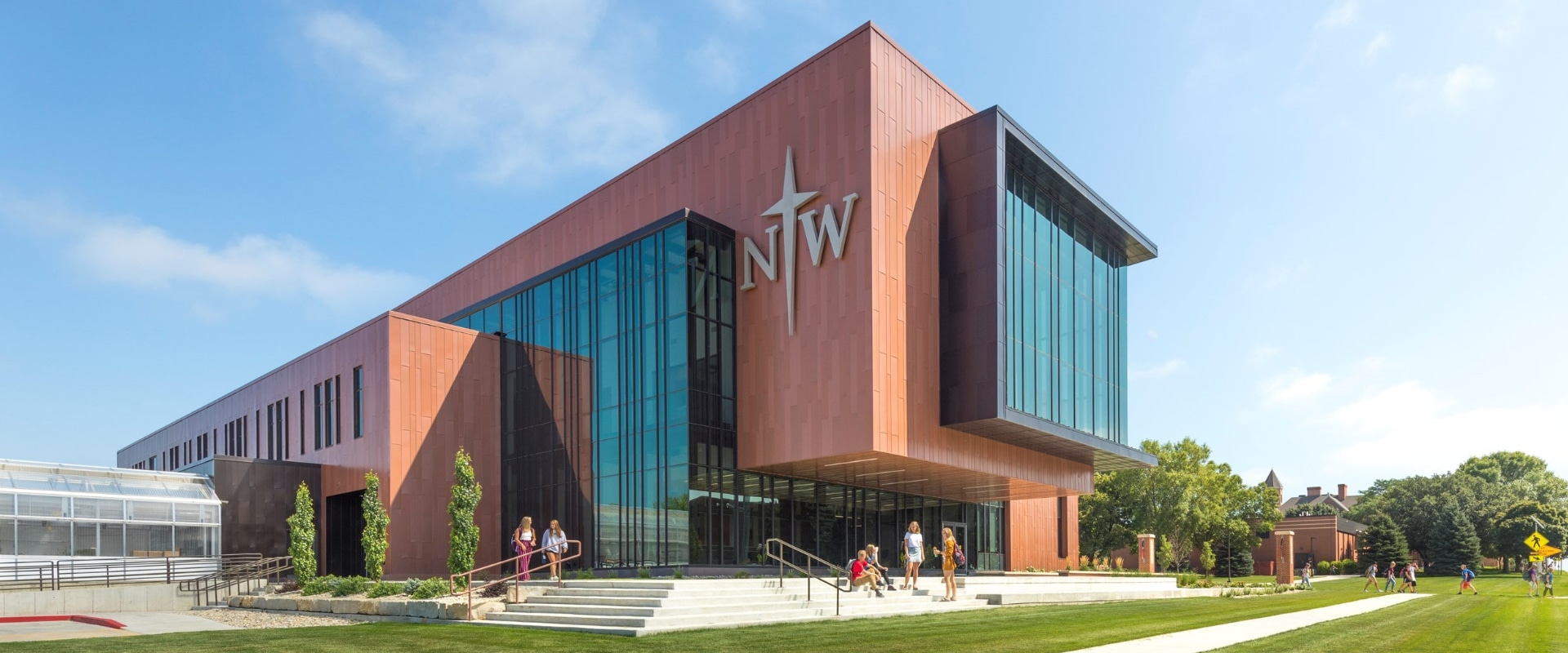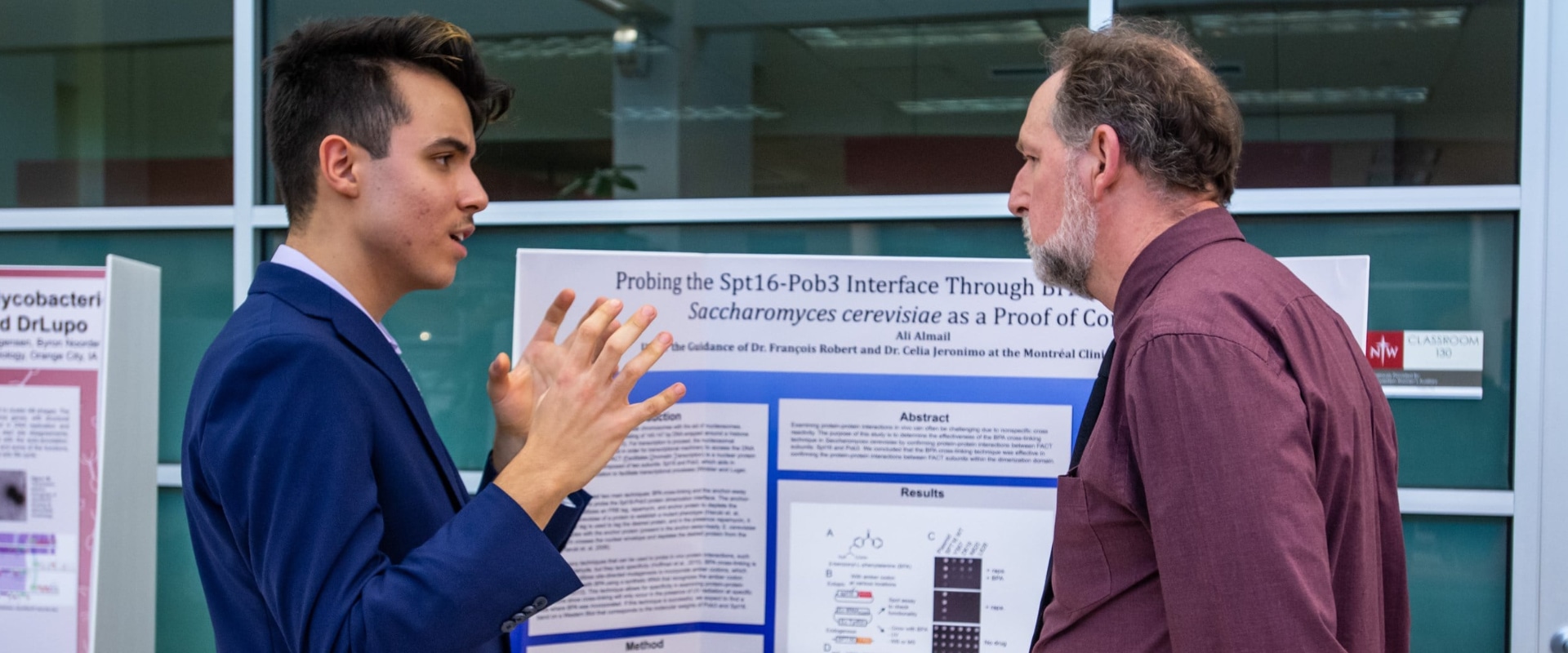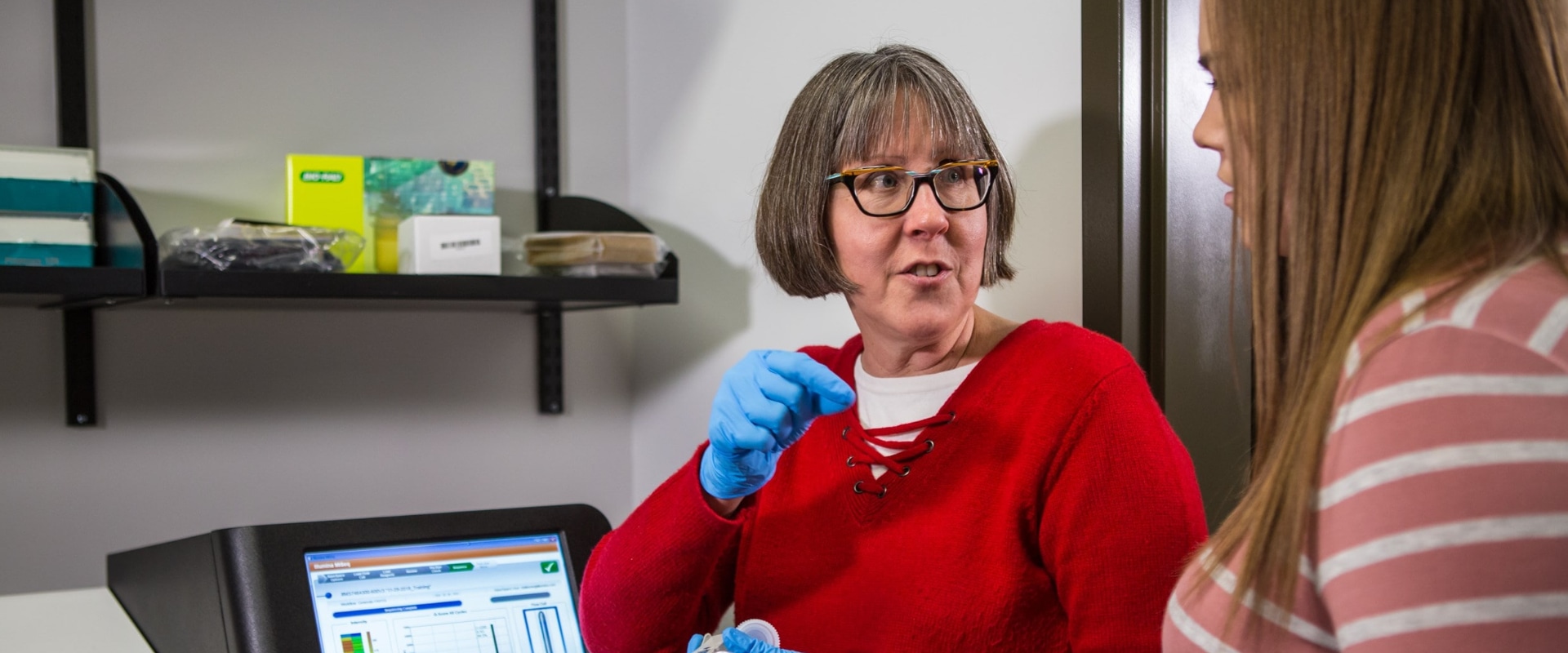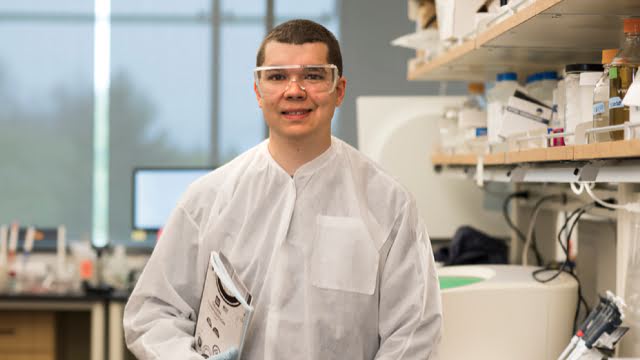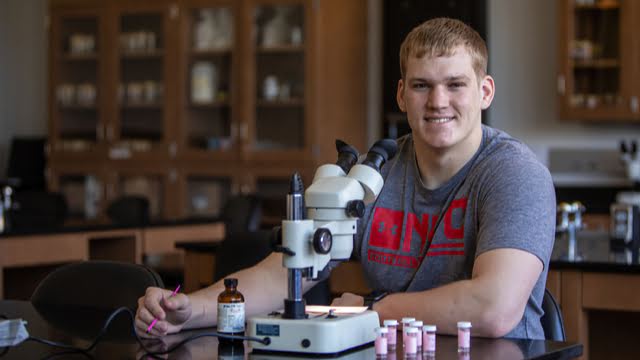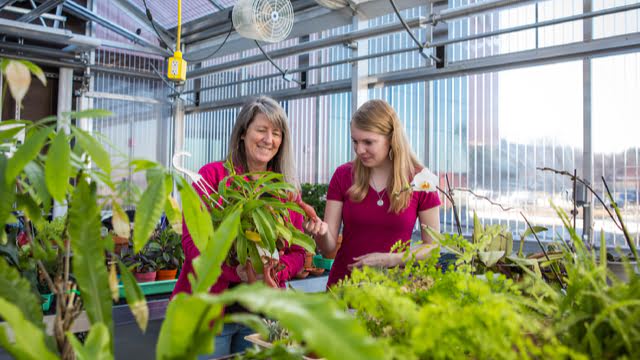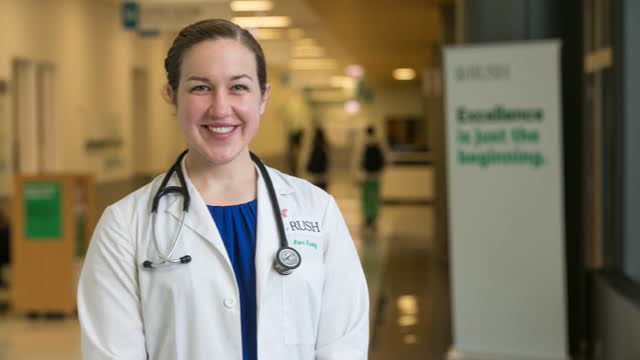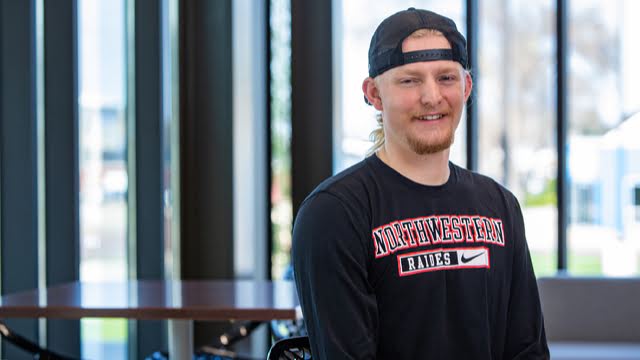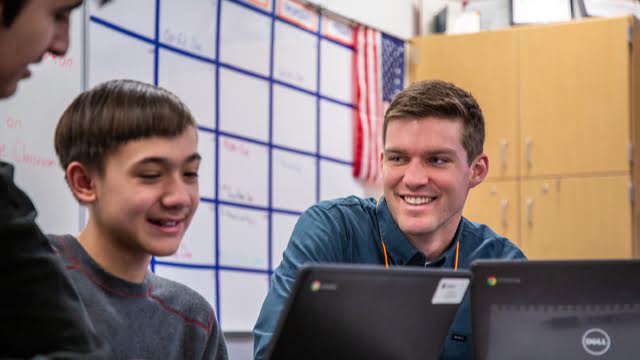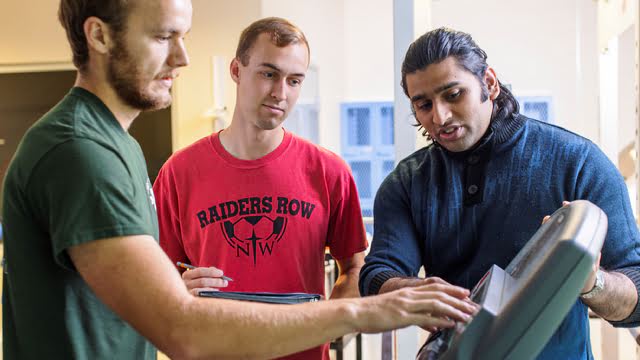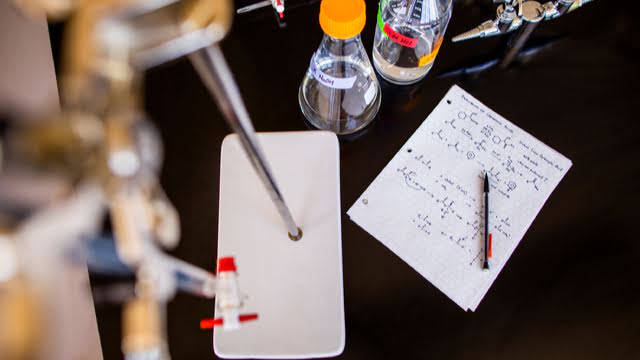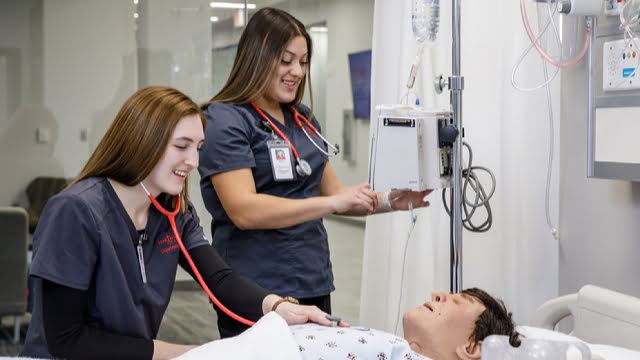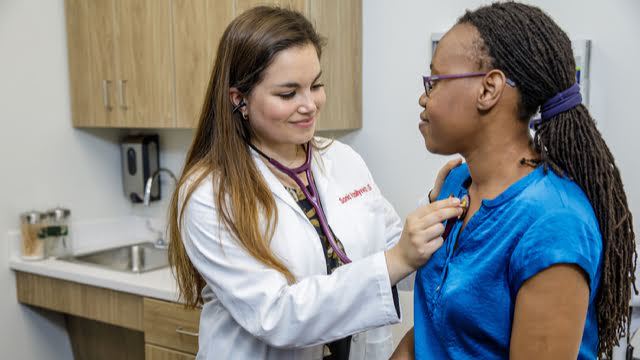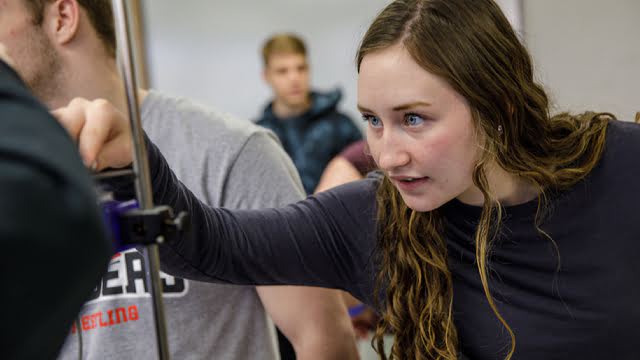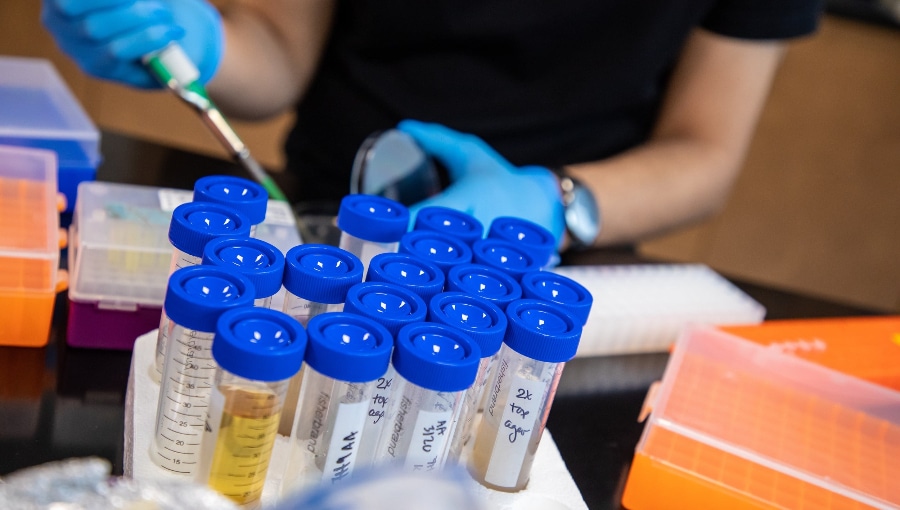
Genetics, Molecular + Cellular Biology
Genetics, Molecular + Cellular Biology
Genetics, Molecular + Cellular Biology
You’re intrigued by questions about life at its most basic level—the inner workings of cells, the make-up of molecules, the instructions contained within a strand of DNA. Northwestern’s genetics, molecular biology and cellular biology (GMBCB) major will equip you to find answers to those questions through research experience and skills. You’ll be prepared to pursue a graduate degree in the biological sciences, to work in a research lab, or to pursue any number of health profession careers.
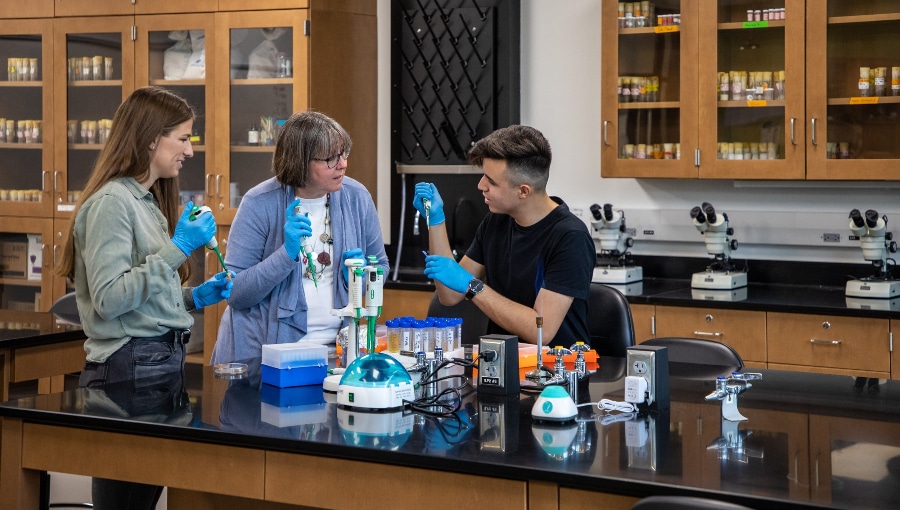
Why NWC?
Why NWC?
Why NWC?
Northwestern’s GMBCB major is research-oriented through coursework and independent research projects. We’re part of a program spearheaded by the Howard Hughes Medical Institute that involves undergraduate students in a global effort to discover phages, or viruses that infect bacteria. Thanks to that program, you’ll likely graduate with your name on a peer-reviewed publication, giving you an added edge on a graduate school application.
Courses cover topics including molecular and cellular biology, ecology and organismal biology, genetics and genomics, biochemistry, organic chemistry and statistics. Related minors include biology, chemistry, and data science + statistics.

Outcomes
Join our standout alumni in roles such as:
#RaidersStandOut
Experience
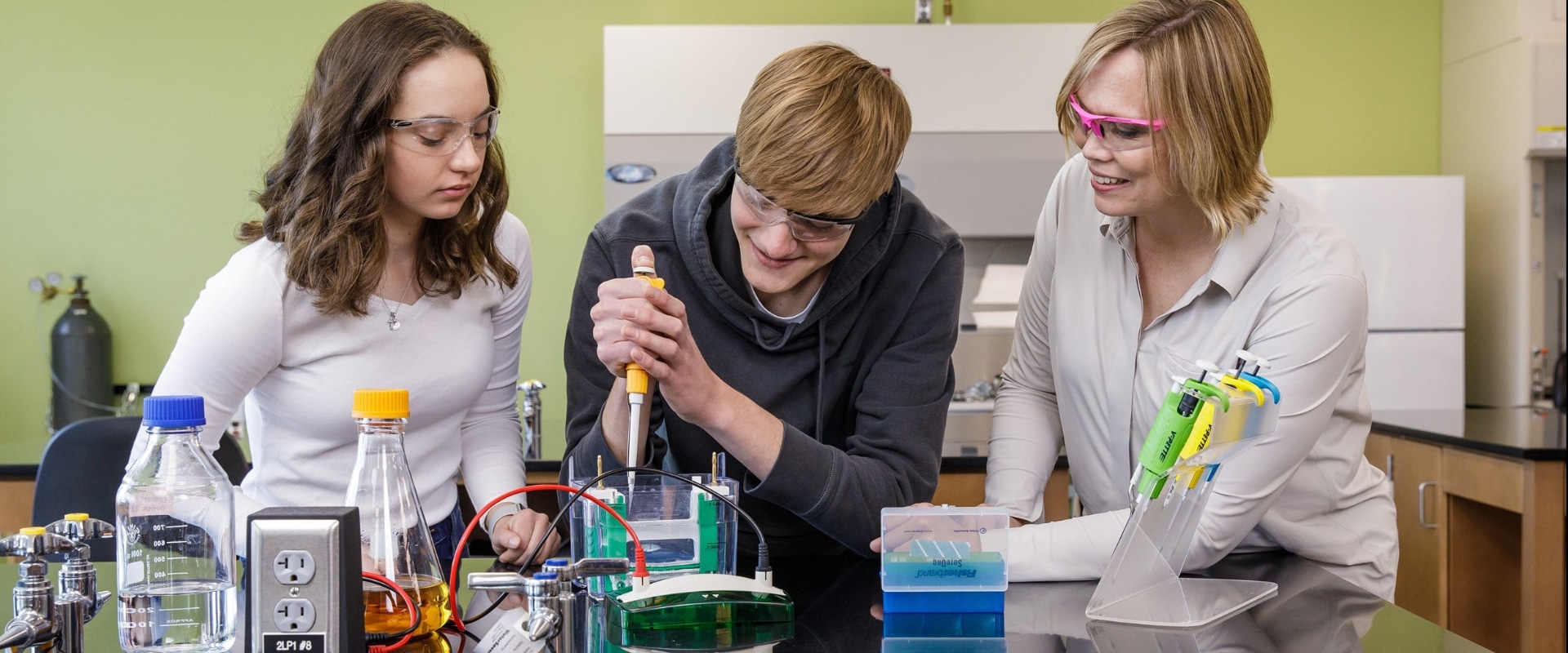
Northwestern’s biology professors involve students in research focused on the discovery and genetics of viruses and the impact of invasive species on an ecosystem. There’s also an expert in clinical anatomy and a professor who has created practice-based software to help students prepare for the MCAT.
Experience

Northwestern’s biology professors involve students in research focused on the discovery and genetics of viruses and the impact of invasive species on an ecosystem. There’s also an expert in clinical anatomy and a professor who has created practice-based software to help students prepare for the MCAT.
Faculty
Brilliant scholars. Committed Christians. Invested in you. That’s Northwestern’s faculty.

